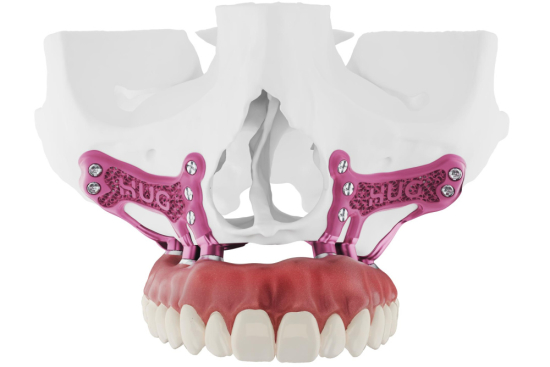Have you lost several teeth and been told that you are not a candidate for conventional dental implants due to a severe lack of bone? Subperiosteal implants offer a reliable alternative to traditional implants. These custom-made implants rest on top of the jawbone (under the gum),rather than being placed inside the bone.
Prices for subperiosteal implants in Turkey
The cost of subperiosteal implants varies according to the complexity of the case and the number of implants required.
On average, the cost of complete treatment, including sub-periosteal implant placement, ranges from €3,000 to €7,000 in Turkey.
This often includes preoperative and postoperative consultations, 3D imaging, surgery, prosthesis fitting, accommodations, and transfers.
These costs are often two to three times lower than in Western Europe, while still guaranteeing a high level of care.









